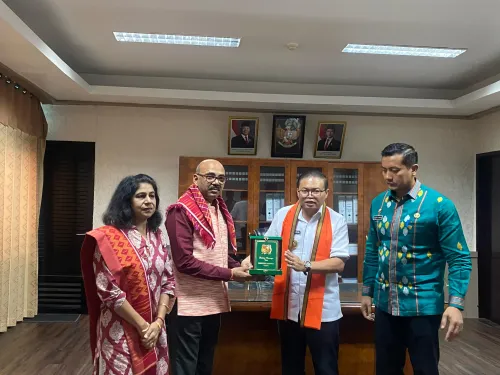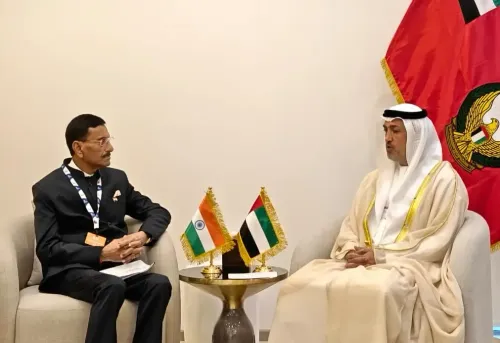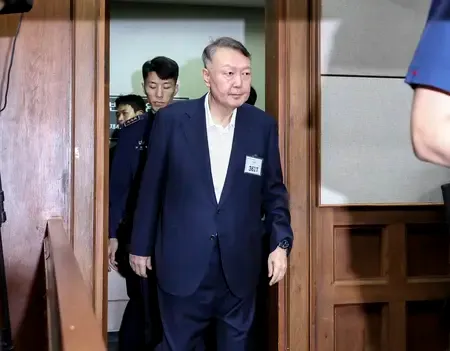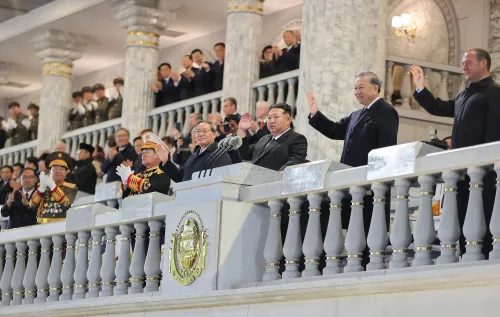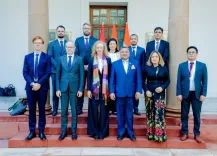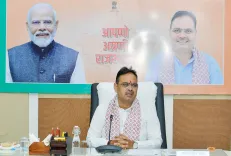Are Pakistan's Flare-Ups a Consequence of Misgovernance and Oppression?
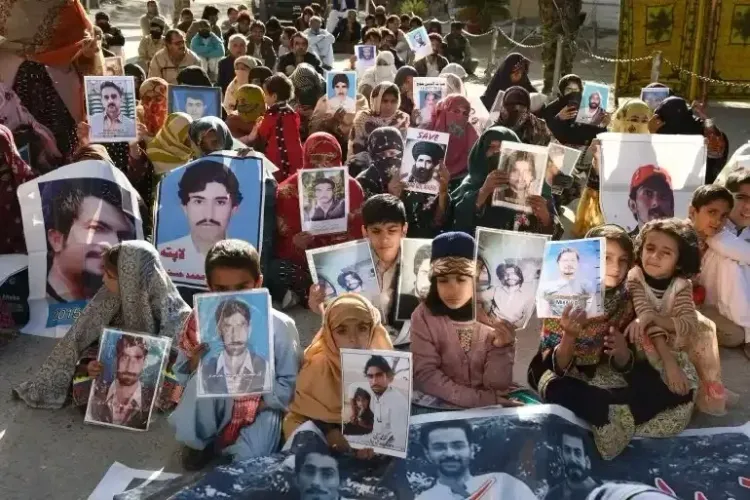
Synopsis
Key Takeaways
- Islamabad's governance issues are leading to widespread unrest.
- The struggle for freedom in Balochistan and KP highlights the need for genuine representation.
- International observers are calling for intervention to address human rights abuses.
- Economic projects like CPEC are viewed as exploitative by local populations.
- Without political inclusion, unrest is likely to continue.
New Delhi, Oct 3 (NationPress) This week’s upheaval in Pakistan-Occupied-Jammu and Kashmir (POJK) is part of a larger narrative. The surge in dissent across various regions of the nation highlights years of mismanagement and erratic policies by Islamabad.
As Islamabad struggles with widespread demands for independence in Balochistan and turmoil in Khyber Pakhtunkhwa (KP), the latest discontent signifies that freedom transcends merely appending the term “azad (free)” to a nation’s title.
The absurdity of governance is exacerbated by Rawalpindi’s involvement in both political and diplomatic affairs, rendering the government in Islamabad ineffective and preoccupied with detrimental tasks.
The contrast was apparent in the events of recent weeks. In an unprecedented diplomatic scenario, the Pakistan Army chief attended an exclusive luncheon with the President of the United States.
Shortly after, General Asim Munir was seen escorting Prime Minister Shehbaz Sharif to the White House for an 80-minute discussion, which was preceded by a 30-minute wait for US President Donald Trump to complete his more pressing engagements, which included light banter with the press.
Even while his superiors were engaged in discussions at the White House, Defence Minister Khawaja Asif openly acknowledged Islamabad’s closer ties to Beijing than to Washington, stating they “will always be at odds.”
This situation exemplifies the tragic comedy stemming from the power struggle between Islamabad and Rawalpindi, often culminating in devastation and loss of life.
In response to escalating unrest, Islamabad has deployed thousands more troops and resorted to repression.
Human rights organizations and global observers have denounced this aggressive strategy. During a recent session of the UN Human Rights Council in Geneva, Nasir Aziz Khan of the United Kashmir People’s National Party called on the international community to intervene against what he labeled as Pakistan’s “increasing repression” and impending humanitarian disaster in POJK.
The distressed inhabitants of the region demand access to jobs, affordable food, and adequate representation in the Assembly, among other essentials. This unrest underscores the facade of a “free” nation with a leader in Muzaffarabad, while actual authority resides with Islamabad and Rawalpindi.
Experts caution that such “security measures” in POJK, Balochistan, and KP, without true political engagement, fair development, and human rights considerations, will perpetuate the cycle of unrest.
Along the volatile Pak-Afghan border, previously utilized by Islamabad as a base for Mujahideen factions, the Tehrik-e-Taliban Pakistan (TTP) and various splinter groups—once trained by Pakistan’s ISI—have now turned against their former mentors due to shifts in government strategy.
In Balochistan, the reluctant integration of the Khanate of Kalat in 1948 ignited longstanding grievances. Subsequent federal policies—centralization reforms in the 1950s, suppression of provincial governance in the 1970s, and inequitable revenue distribution—have intensified feelings of exploitation.
Today, amid the influx of capital from the China-Pakistan Economic Corridor (CPEC) into Gwadar port and highway initiatives, the Baloch are facing a new form of resource exploitation. A federal agreement from 2017, which promised development funds and political dialogue, faltered due to sluggish allocations and absent personnel.
Local reports indicate citizens are seeking “schools and jobs, not just another commission.” Analysts warn that without a meaningful shift towards political inclusion and socio-economic investment, Pakistan may find itself ensnared in an ongoing cycle of insurgency and counterinsurgency.

